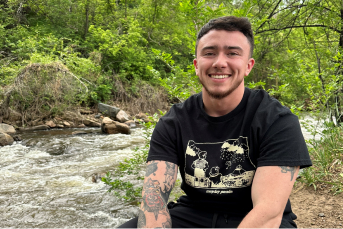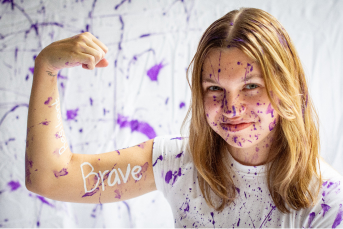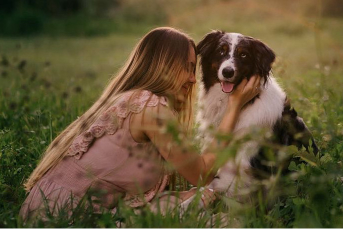Meet Cody; a teacher, sports-fanatic and epilepsy advocate. He has recently started sharing his generalized epilepsy story to help support others in their own journeys.
About Cody
Hey, I’m Cody, I’m 25 and currently live in New Orleans! Sports are central to my life - they’re a pretty big thing in the South! I love football and basketball, I’ve even coached basketball. My love for sports carries over to the virtual world too, I love playing sports-focused video games. (Read about staying safe whilst playing video games with epilepsy here.)
A couple of years back, I started teaching at an all-boys school and it’s great. It’s a labor of love, I cherish forming bonds with the kids and contributing to the next generation. My school has a particular approach of taking in underprivileged children and it’s so motivating to be part of their journey.
Cody’s epilepsy story
My story started as a Freshman in high school. I was sitting down playing Monopoly with my Mum and brother, then I I woke up in hospital. All I remember is the doctors asking ‘did you take anything?’, and I’m lying there thinking ‘if I did, would I tell you?!’. I’d experienced a tonic-clonic seizure, and they were discussing whether I could drive. In all seriousness, I was pretty confused and stressed.
Following that first seizure everything was pretty smooth until a few months later where the same thing happened again playing basketball. I had an EEG and tests. The first year wasn’t a ‘big deal’- mainly, it was the inability to play football that was my biggest concern at that time.
Read more: Can you exercise with epilepsy?
One tonic-clonic seizure occurred just before a pep rally game, everyone was hyped and next thing I knew it was dark and my friends were freaking out. Luckily, my calculus teacher knew exactly what to do. That following Monday, I was so anxious going back into school; what were people going to think? It kept going round and round in my head. From then, I experienced another seizure a few days later, it was the first time my Dad saw it. I was terrified of people seeing me have a seizure, I stopped playing sports and became really downtrodden.
How to tell people about your epilepsy: Epsy's top 5 tips for telling people about your seizures.

Seizure freedom and change of heart
Following a lot of tinkering with medications and learning to manage my stress, I am now - ‘knock on wood’ - 2 years seizure free! Epsy really helps me to remember my medications, thanks to the App I haven’t missed one in several months. A testament to its effectiveness! Epsy is part of my routine now. When I switched neurologists*, I added my MRI and EEG appointments into Epsy which was so handy. Epsy is easy to use, even my Mum can use it. If she can, anyone can!
Teaching changed me; it flipped the switch and made me want to talk about my condition. I see the kids and want them to feel they can open and talk about this stuff, in the way I wasn’t able to. When I started teaching they were running CPR courses and I saw the Epilepsy Foundation doing seizure first aid certification I made a point to everyone that we should discuss epilepsy. I'm proud to say we now do seizure protocols yearly!
Epilepsy advocacy
Over the last summer I started taking part in advocating for my condition. I distinctly remember when I was 16 someone who worked with the Epilepsy Foundation helped me and my Mum understand the condition and I wanted to repay that.
Me and my friends set up a weight-lifting competition at the YMCA to raise money for epilepsy, it was loads of fun, everyone had drinks after but alcohol is a trigger for me so I stuck to a soft drink.
Challenges and advice around talking about his condition
Around my area, it’s more accepted for women to share their emotions or feelings. Guys want to ‘put on a front’. I was getting into sports and getting recognition, I was worried it would affect it.
Find out more: Talking about men and epilepsy
For years, only my family knew, I’ve only felt comfortable sharing it with friends recently as I felt I needed to be strong.
Not too long ago I chatted to someone who was recently diagnosed. He was a young high school guy and I thought ‘what would I tell myself?’. I told him don’t try to pretend that everything can be swept under the rug, you can be a normal person and acknowledge your epilepsy. Make subtle changes, it’s not the end of the world I promise.
Don’t be afraid to seek out other people for support, you don’t have to do it alone.
Read about how to find support groups here.

















